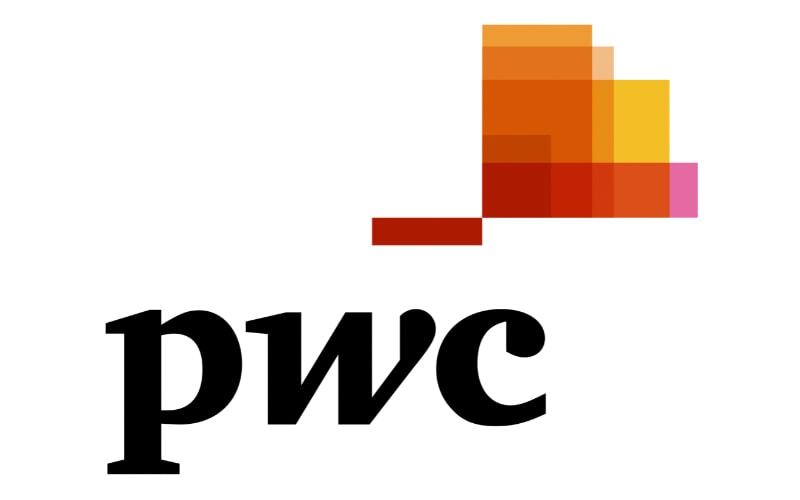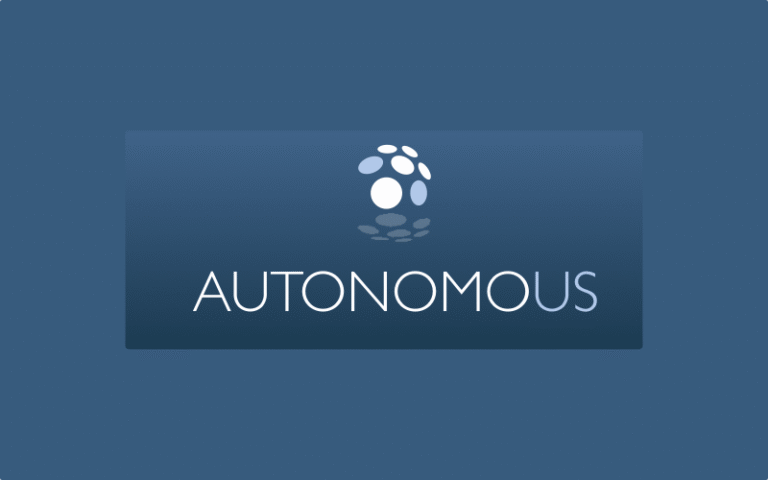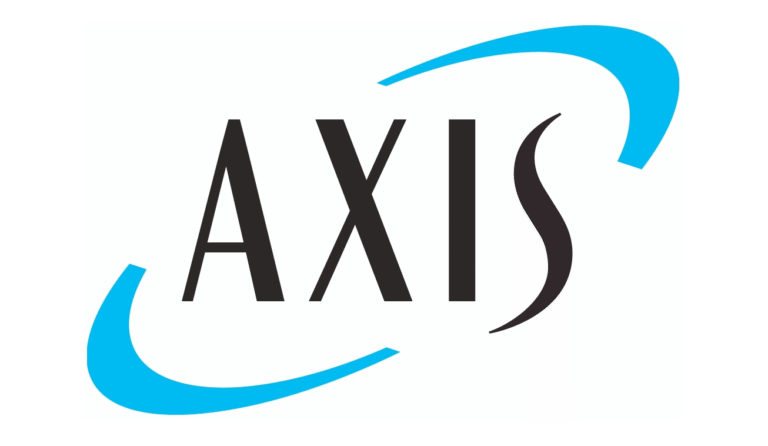
Speaking at the 2025 Rendez-Vous de Septembre (RVS) in Monte Carlo, Michael Cook, Partner at PwC, emphasised that artificial intelligence (AI) will serve as a catalyst to remove friction from workflows in the re/insurance industry, which has the potential to improve the average expense ratio and drive genuine business transformation.

“It’s predominantly taking out some of that frictional cost,” said Cook. “If you think about that true potential, it starts to move more into a genuine business transformation. So doing things differently, being able to offer different products, behaving in a different way, being able to think differently.”
Cook pointed to areas where technology is already delivering efficiencies — especially through access to significantly more data.
He said, “Technology allows us to look at far more data, far more data than we’ve ever been able to look at historically, because we were limited by human capacity.
“The more and more data we have, the better we can understand risk, the better we can make sure that we can deal with these events.
“We have a role in driving the change that’s really needed, and that’s not just about narrowing the protection gap. That’s about fundamentally changing some of the behaviours that we have as a wider society.”
Cook believes AI will be the key enabler for this shift, doing the “heavy lifting” for companies, such as automatic data ingestion.
He noted, “If you think about some of the challenges in that friction across the reinsurance industry, data acquisition has been a consistent problem, particularly for reinsurance.
“If you talk to Munich Re, Swiss Re, they receive data in so many different formats from so many different places, and that’s just transactional data, let alone the type of data we’re talking about to really do this, the level of analytic, the level of modelling, the level of pricing that you need to do for product innovation.
“So actually using AI to consume that data and bring it in effectively, automatically.”
Cook went on to highlight the broader benefits of reducing friction across the re/insurance value chain.
“If we can build a frictionless insurance industry right from the front end, upstream retail brokers, all the way through the reinsurance and retro markets, we can remove cost. We can have a lower expense base. If we can do that, we can better leverage the existing capital that we have. We can better deploy analytics we already invest in, get better return on investment, we’ll be more attractive to additional capital,” he said.
He concluded by saying that this transformation is undoubtedly coming, and he personally believes that AI is the key to that.
“There’s a future horizon when you start to think about that amount of data and that amount of insight. It can mean that industries can actually begin to partner with each other much more. You can begin to look at how we can work now, whether that is with governments, whether that is with regulators, whether that’s with different industries, how can we actually start to completely change and offer very different products? And that is the potential for the future.
“Based on what we’re seeing so far, that future is probably not 10 to 15 years away. That’s one of the things you’ll see with AI, the advancement, the abilities and capabilities that it brings us are changing by the day. And we are accelerating that curve.”






